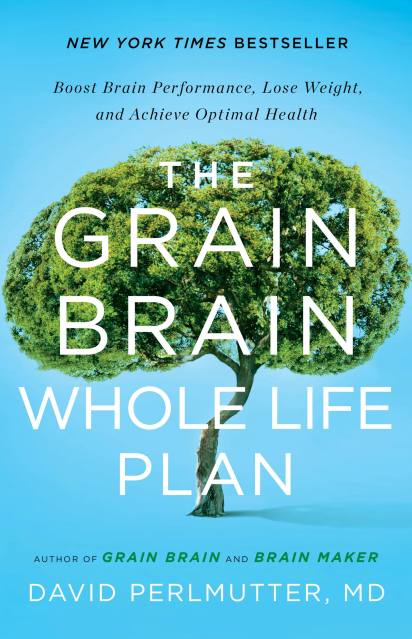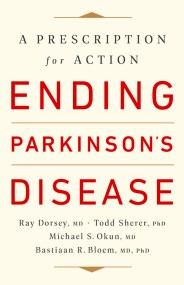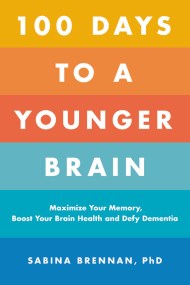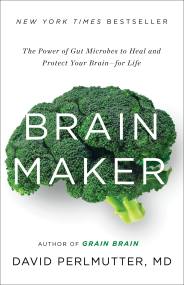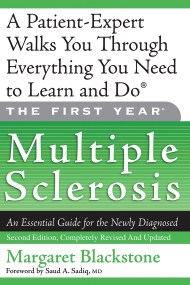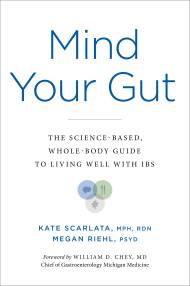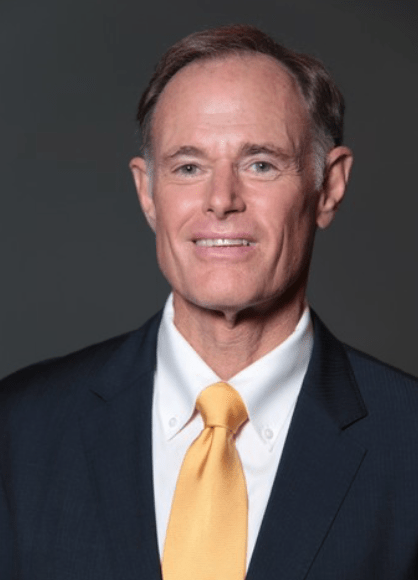Promotion
Use code MOM24 for 20% off site wide + free shipping over $45
The Grain Brain Whole Life Plan
Boost Brain Performance, Lose Weight, and Achieve Optimal Health
Contributors
Formats and Prices
Price
$28.00Price
$36.50 CADFormat
Format:
- Hardcover $28.00 $36.50 CAD
- ebook $14.99 $19.99 CAD
- Audiobook Download (Unabridged)
This item is a preorder. Your payment method will be charged immediately, and the product is expected to ship on or around November 15, 2016. This date is subject to change due to shipping delays beyond our control.
Also available from:
The official guide to Dr. David Perlmutter’s revolutionary approach to vibrant health as described in his New York Times bestsellers Grain Brain, The Grain Brain Cookbook, and Brain Maker.
With more than a million copies sold worldwide, Dr. Perlmutter’s books have changed many lives. Now, he’s created a practical, comprehensive program that lowers the risk for brain ailments while yielding other benefits, such as weight loss, relief from chronic conditions, and total body rejuvenation. Science-based and highly accessible, The Grain Brain Whole Life Plan expands upon the core advice from Dr. Perlmutter’s previous works, and introduces new information about the advantages of eating more fat, fewer carbs, and nurturing the microbiome. Including original recipes, tips and tricks for common challenges, meal plans, and advice on everything from sleep hygiene to stress management, exercise, supplements, and more, The Grain Brain Whole Life Plan shows how to live happily and healthily ever after.
With more than a million copies sold worldwide, Dr. Perlmutter’s books have changed many lives. Now, he’s created a practical, comprehensive program that lowers the risk for brain ailments while yielding other benefits, such as weight loss, relief from chronic conditions, and total body rejuvenation. Science-based and highly accessible, The Grain Brain Whole Life Plan expands upon the core advice from Dr. Perlmutter’s previous works, and introduces new information about the advantages of eating more fat, fewer carbs, and nurturing the microbiome. Including original recipes, tips and tricks for common challenges, meal plans, and advice on everything from sleep hygiene to stress management, exercise, supplements, and more, The Grain Brain Whole Life Plan shows how to live happily and healthily ever after.
Genre:
- On Sale
- Nov 15, 2016
- Page Count
- 304 pages
- Publisher
- Little Brown Spark
- ISBN-13
- 9780316319195
Newsletter Signup
By clicking ‘Sign Up,’ I acknowledge that I have read and agree to Hachette Book Group’s Privacy Policy and Terms of Use
